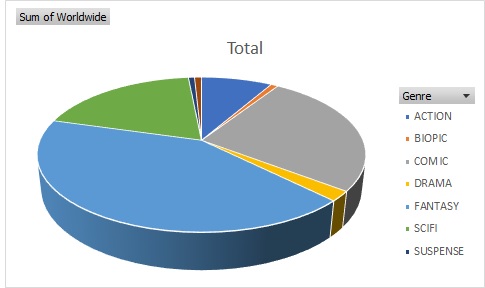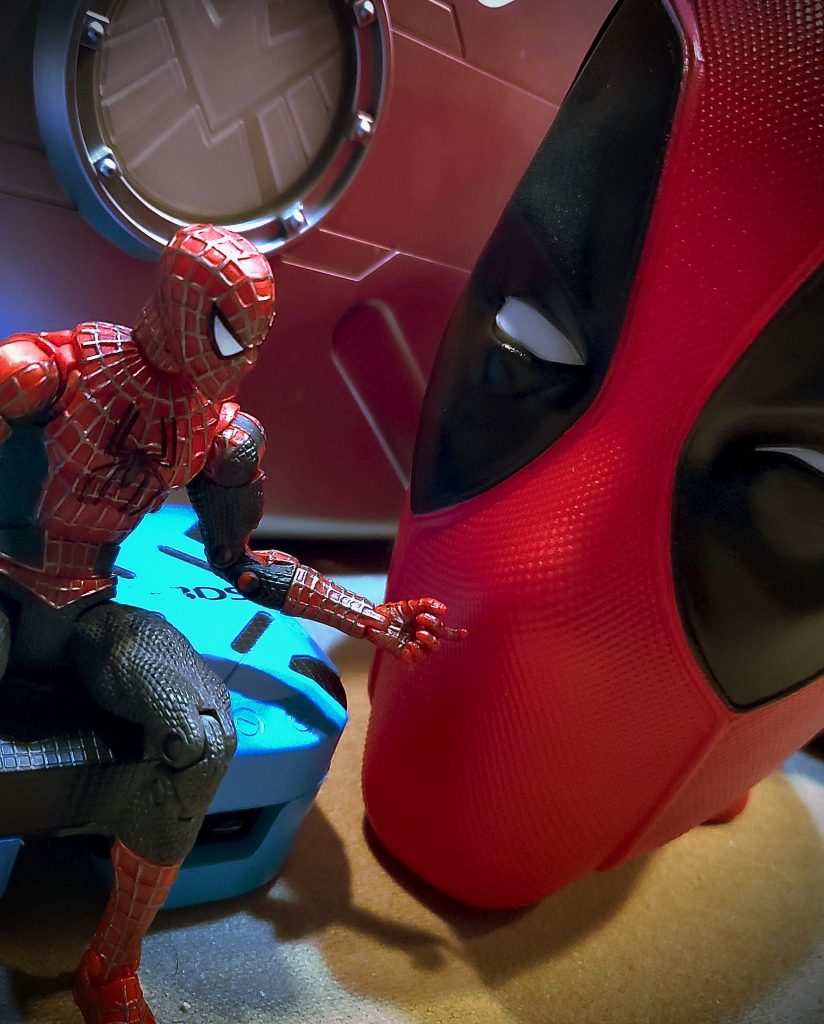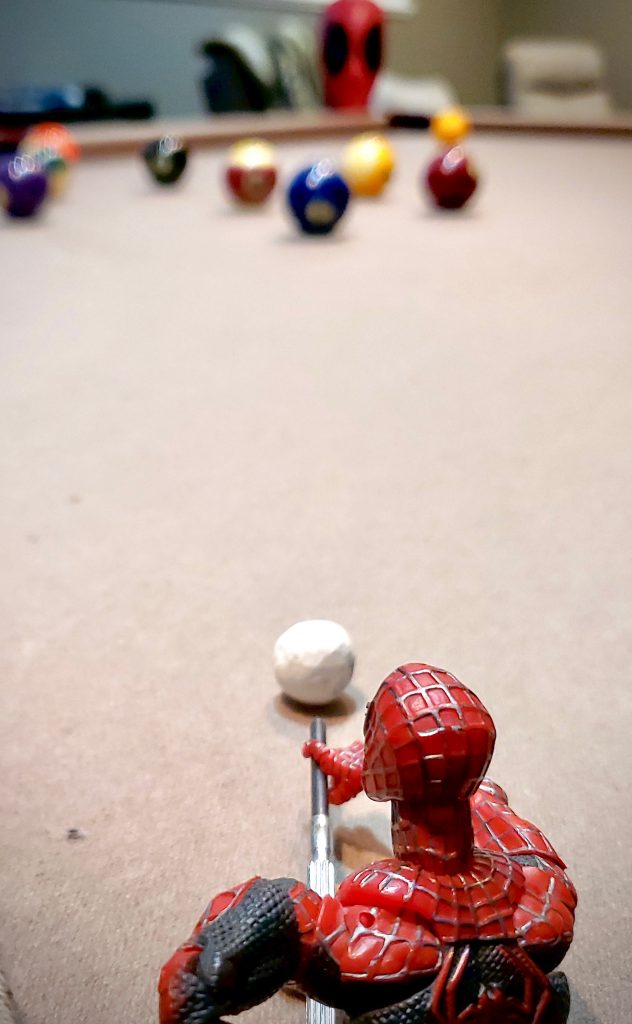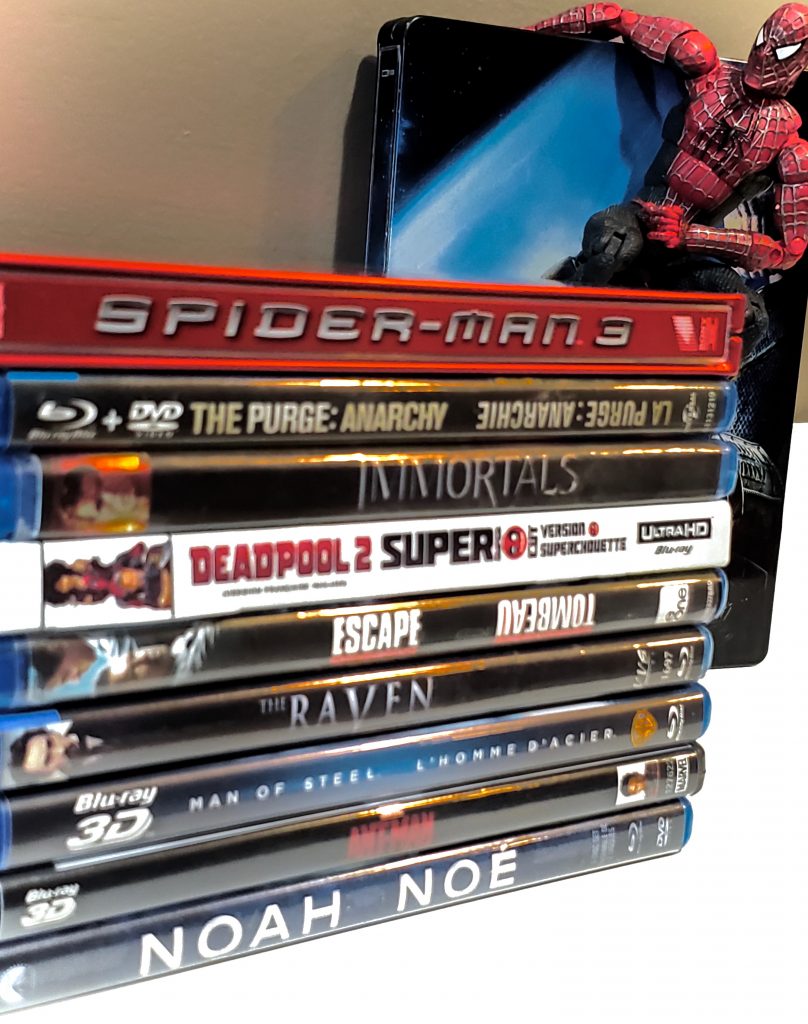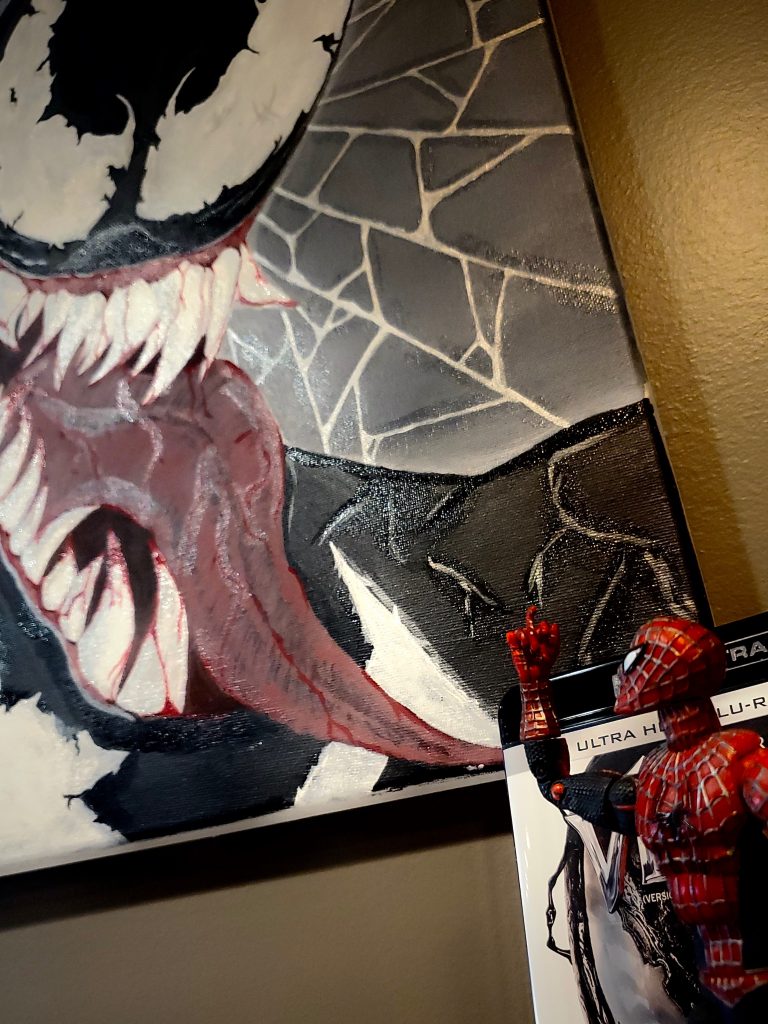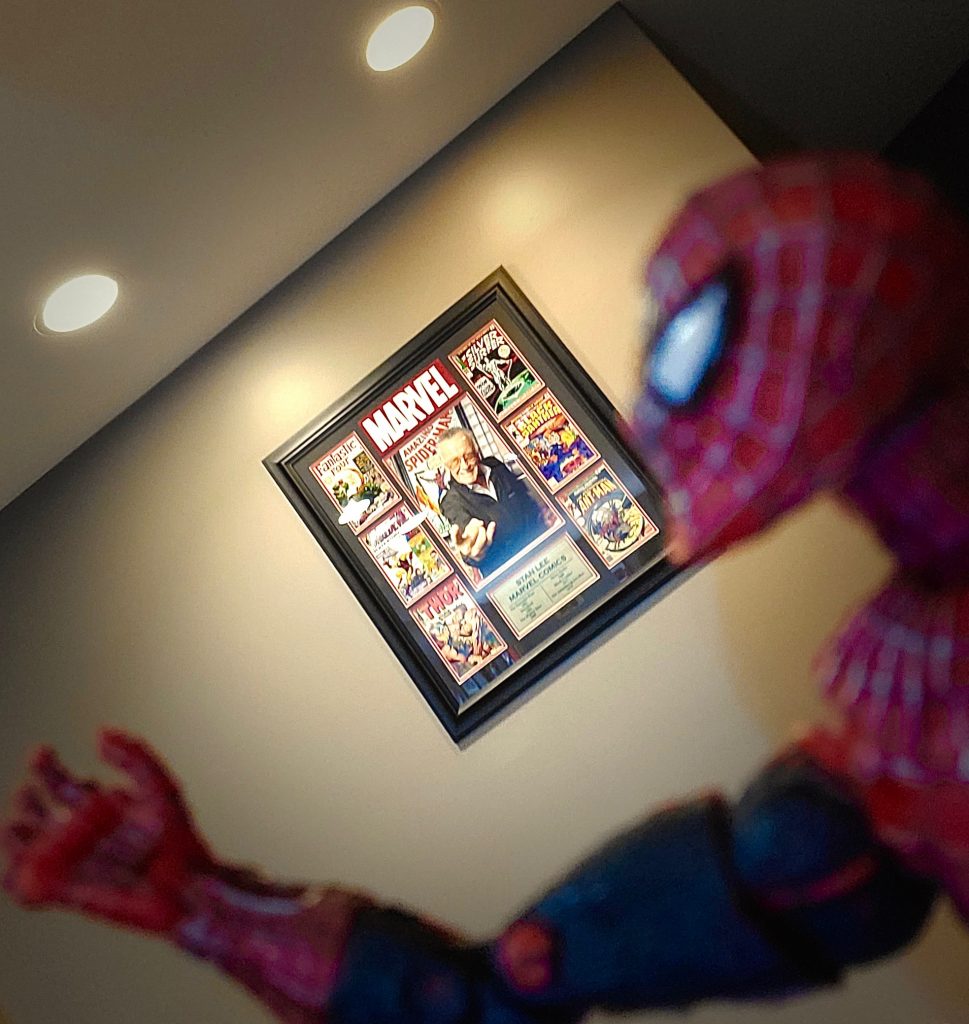“I don’t think it’s a huge stretch to suggest that Donald Trump could only get elected in a country that thinks comic books are important.” These are the final words Bill Maher wrote on his blog, Real Time with Bill Maher, on November 17th, 2018, five days after the untimely death of Marvel Comics creator Stan Lee.
At first, you might think this was a political statement, but it was actually a portion of a scathing blog Mr. Maher wrote criticizing comic book fans in the wake of Stan’s passing. Arguably, Stan is the reason that Nerd Culture exists today and has grown to be such a powerful influence on society, touching so many lives in the process. Mr. Maher’s opinions aren’t unheard of, but they are becoming less prominent. For evidence on how important Nerd Culture has become, all we have to do is look at the numbers.
What do the numbers say?
According to the statistics provided by Box Office Mojo, out of the 100 highest-grossing films of all time, 87 films could reasonably fall into one of three categories that society attributes to nerds. Of the 100 movies on the list 45 would be in the genre of fantasy. Since 1977 the combined, the estimated gross box office earnings for fantasy movies would equal over $44 billion.
Out of the remaining 55 movies on the top 100 list, 25 of the films (including the #1 highest-grossing film ever, Avengers: Endgame) come from the comic book or comic book inspired genre. Their earnings accounted for an estimated $27 billion. Rounding out the list with 17 films out of the top 100, and earning a combined estimated total of $20 billion is the Sci-Fi genre. Combined, the three genres account for over $92 billion in gross box office earnings between 1977 and 2019.
What do the nerds say?
Almost as far back as I can remember, I’ve been a nerd. As a young man growing up on Vancouver Island, I purchased my first comic book at a local gas station near my house. The issue an “Amazing Spider-Man: 30th Anniversary Issue”. On the front was a hologram depicting Spider-Man’s first cover. The inside of the comic book featured a tri-fold poster with Spider-Man, Venom, and Carnage. All three characters would go on to be my favourites in the Marvel Universe.

Being a part of Nerd Culture gave me the ability to feel like I belonged somewhere, at a time in my life where I felt like an outsider nearly everywhere I went. But it wasn’t always easy. Similar to some of my other peers, I found that being a “nerd” wasn’t something I could immediately be proud of. “When I started over two decades ago it was very uncool to be a nerd,” @ARBryant4 told me on Twitter when I asked them how they felt society’s views of nerds have changed. “Twenty years ago it felt almost aspects of my personality just to be a gamer, anime, superhero, sci-fi fan while hiding it from outside world. I had friends that had no idea I was into gaming if they weren’t into it for moment, but it didn’t last long. I hated sectioning off myself that way.”
Take me to Church
To say that comic books had an effect on the person I grew up to be would be a dramatic understatement. Inside the pages of Marvel and DC comic books, I, like so many before me, witnessed the forging of new myths and legends. While my grandparents and their parents before them relied on the Bible to teach them the difference between right and wrong, good and evil, I had comic books. They would become my gospel, while my entertainment room, which is littered with paintings, figurines, comic books, and video games, would become my church.

